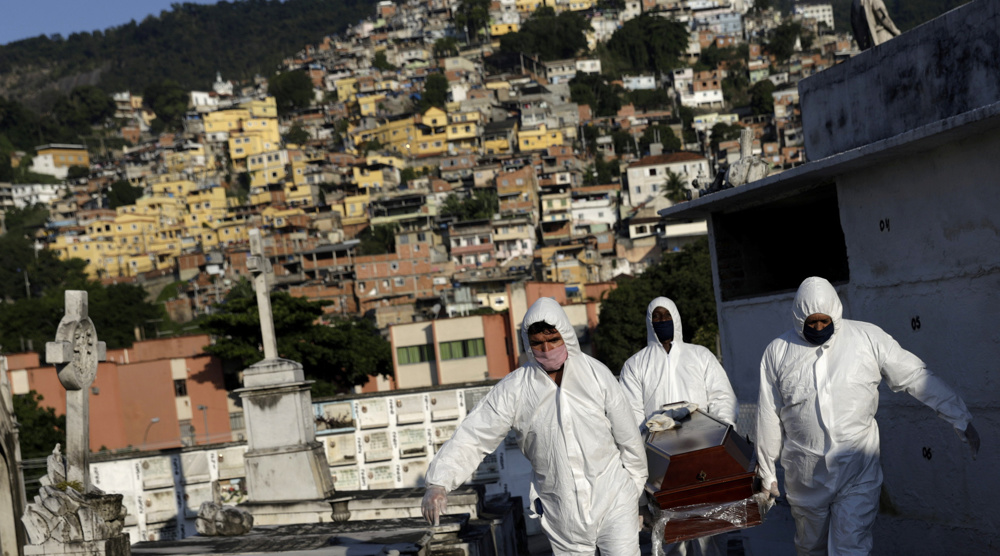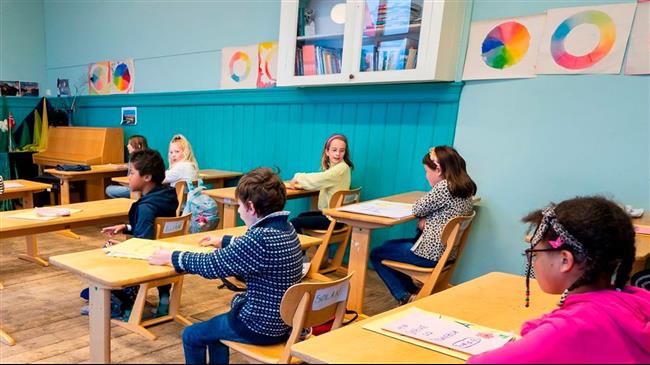Participating NHS hospitals begin enrolling volunteers for COVID-19 trial
A major trial to see whether the malaria drug hydroxychloroquine, taken by Donald Trump to protect himself against Covid-19, can prevent health workers from getting the disease is beginning in the UK and other countries.
Trump’s revelation that he was taking the drug provoked an outcry from doctors, who warned it could have dangerous side-effects on the heart. The two forms of the drug, chloroquine and hydroxychloroquine, can cause abnormal heart rhythms, which could be of additional concern in somebody who is overweight.
But preventive measures against infection are urgently needed for health and care workers on the frontline and with no vaccine expected anytime soon, a major trial has begun, aiming to test the protective effect – if any – in 40,000 health workers. Brighton and Sussex University hospitals and the John Radcliffe hospital in Oxford have begun enrolling volunteers.
The study is being led by the University of Oxford and the Wellcome Trust, and supported by Mahidol Oxford Tropical Medicine Research Unit in Bangkok, Thailand, where the drugs have been commonly used in the past to treat malaria. Participants will be recruited from Europe, Africa, Asia and South America.
“Covid-19 is a major risk for frontline healthcare workers around the world,” said Prof Sir Nicholas White of the University of Oxford, who is based in Bangkok and is joint leader of the trial, called Copcov.
“We really do not know if chloroquine or hydroxychloroquine are beneficial or harmful against Covid-19. The best way to find out if they are effective in preventing Covid-19 is in a randomised clinical trial. That’s what Copcov is – and why we’re doing this study.”
His co-investigator, Prof Martin Llewelyn at Brighton and Sussex medical school, added: “Even though the lockdown has brought the rate of infection right down in the UK, healthcare workers will continue to be at risk of Covid-19, especially as measures are relaxed. A widely available, safe and effective vaccine may be a long way off. If drugs as well tolerated as chloroquine and hydroxychloroquine could reduce the chances of catching Covid-19 this would be incredibly valuable.”
Hospitals are setting up to join the trial in Thailand and south-east Asia, Italy, Portugal, Africa and South America. However, the welcome drop in the number of cases in many countries will make all ongoing trials in drugs and vaccines a slower process, as fewer health workers are infected or protected.
Health workers who take part will be randomly allocated either the trial drug or a placebo. In Asia, the trial drug will be chloroquine and in Europe and Africa it will be hydroxychloroquine.
Chloroquine and hydroxychloroquine have been used for treating malaria for more than 60 years and are generally regarded as very safe drugs. Until recently 300m chloroquine treatments were given for malaria every year – it is less used now because of resistance and the development of artemisinin drugs.
Side-effects are usually mild and include stomach upset and nausea, headache and temporary blurring of vision, but too high a dose can be dangerous and lead to death. There is concern that the drugs can prolong the electrocardiogram QT interval, causing an irregular heart rhythm. People who already take other drugs that could cause this side-effect should be careful, say the scientists on their trial website, “but for healthy people who are not taking regular medications which prolong the QT interval, there should be no concerns about cardiotoxicity”.
Hamas thanks Iran, Resistance Front following achievement of ceasefire in Gaza
'Capitulation': Israeli officials and media concede Gaza defeat as truce unfolds
'Gaza has won': Social media users react to ceasefire with mix of relief, joy
Iran seeks South Korea’s assistance for AI, fiber-optic projects
VIDEO | Iran's 'Eqtedar' (Power) maneuver
Israel hits HTS military target in Syria for 1st time since fall of Assad
VIDEO | Press TV's news headlines
Israel has slaughtered 13,000 students in Gaza, West Bank
















 This makes it easy to access the Press TV website
This makes it easy to access the Press TV website